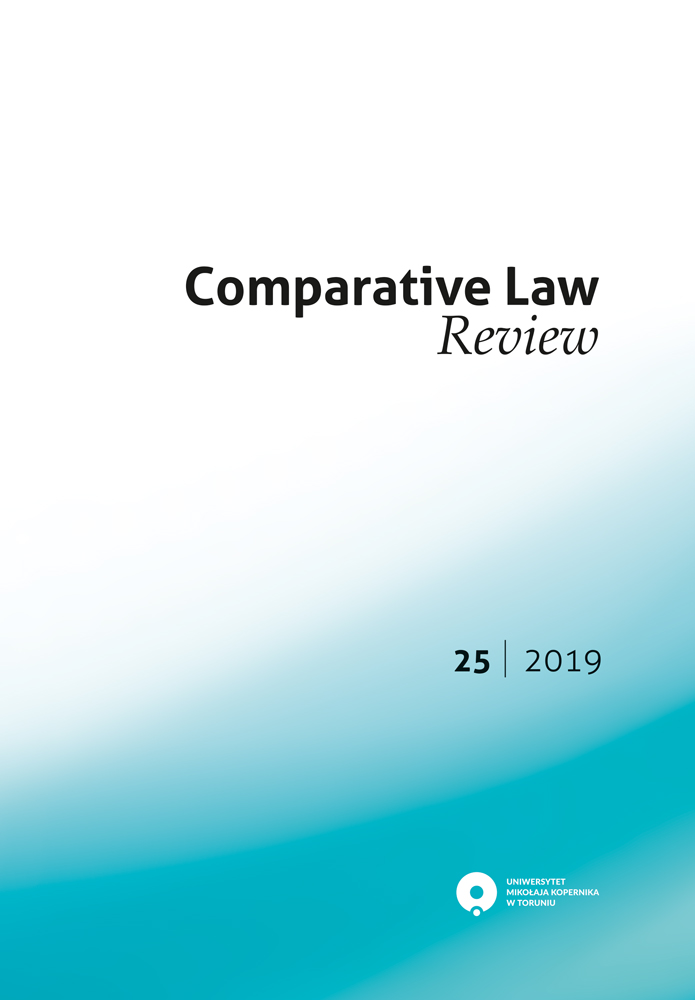Constitutional Courts and Representative Democracy – a Kelsenian Perspective
DOI:
https://doi.org/10.12775/CLR.2019.010Słowa kluczowe
representative democracy, constitutional court, Kelsenian models, control of delegated law-making power, Polish constitutionsAbstrakt
In the presented article we develop the thesis that constitutional courts may be treated as one of the key elements guaranteeing the proper functioning of representative democracy if they secure the democratic “chain of delegation”. Following the theory of Hans Kelsen, we employ a normative concept giving the answer to how a constitutional court should act to fulfil such a role. According to Kelsen’s perspective, the main threat to representative democracy is the “alternative legislative procedure”, a non-constitutional form of legislation based solely on the political will and in consequence deconstructing the constitutional chain of delegation. The guarantee of constitutionality means the restoration of an equal representation in the legislative procedure based on the majorityminority rule. As the guardian of the democratic legislative procedure, the constitutional court should be a ground for the “virtual representation” of all the parties to a democratic dispute. In result it prevents the transformation of representative democracy into majority democracy.
Pobrania
Opublikowane
Jak cytować
Numer
Dział
Statystyki
Liczba wyświetleń i pobrań: 1152
Liczba cytowań: 0



